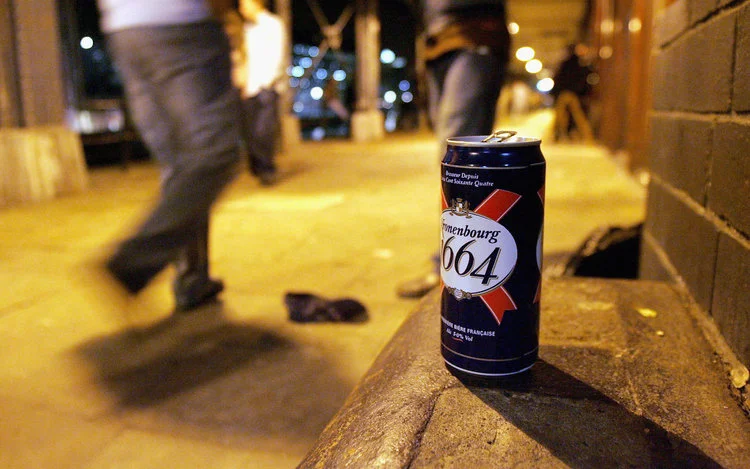CLIENT: London BOROUGH of Hounslow
PROJECT: Ethnographic Study of Street Drinking & NTE
What were MAKE asked to do?
Councillors in Hounslow, West London were receiving complaints from numerous residents across the borough that the presence of street drinkers was leading to problems in their neighbourhood. Reports included public urination, aggressive behaviour and, in particular, large amounts of street drinking detritus - cans, bottles, food cartons - left in public places.
The project we undertook for Hounslow was to gather eyewitness evidence, photography and video and analysis of anti-social behaviour. In turn this would allow the council to validate the reports, understand the scale and nature of any problems and to help it decide whether or not to implement a licensing ‘cumulative impact policy’ to resist further off-licences in street drinking hotspots borough.
How did MAKE do it?
We undertook observation sessions across all 24 hours throughout the borough, completing over 100 hours of fieldwork and covering 100 miles of the borough’s streets.
We photographed street drinking sites and catalogued precisely the amount of detritus left behind and its changing nature. We quantified the brands and types of alcohol (for example it was clear that brands stocked only by corner shops were most popular). We were also able to map the hotspots including many that the council was unaware of.
It was important to respect any street drinkers encountered in the research by retaining their anonymity and in no way judging their actions. Indeed, as the results showed, some street drinkers have no impact on others or the public environment.
What happened next?
The results evidenced considerable impact from somestreet drinkers on public amenity. Indeed, in some locations there were over 500 empty alcohol vessels thrown on to private property and public greenspace, including children’s playgrounds.
The council did introduce a cumulative impact policy on the back of MAKE’s research and since there have been no extensions to existing licences nor any successful application for new ones.
Because virtually the entire street drinker population here is Eastern European, the council has been working with this community and other public agencies to ensure that the problems are reduced and, in due course, that they are eliminated.
What unique value did MAKE bring to this project?
MAKE’s ability to handle a very sensitive issue was praised by the council. Our research also supported the first street drinking-led cumulative impact policy in the country.

